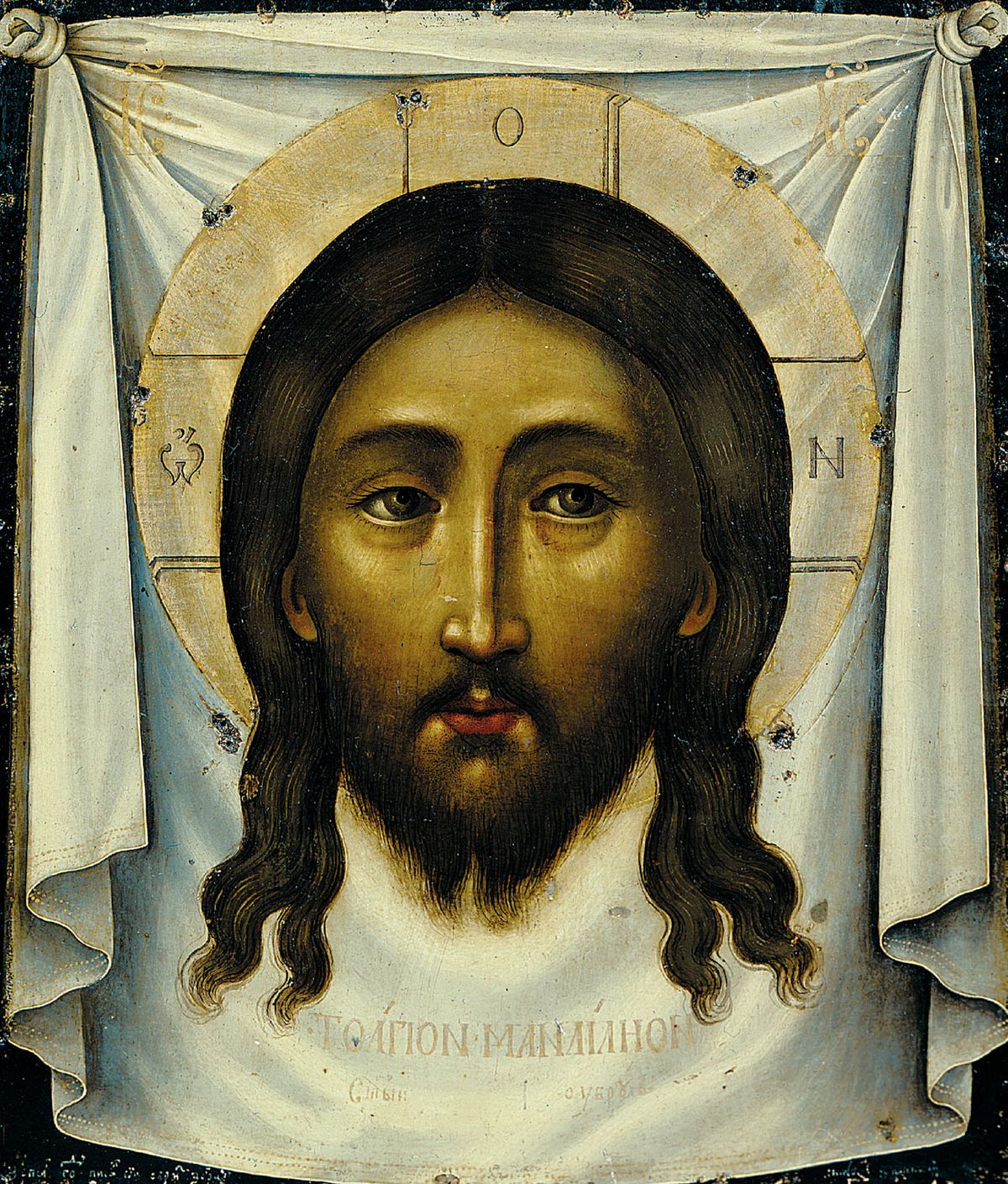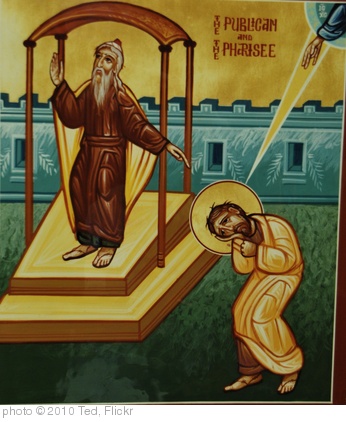Is 40:1-5, 9-11
Ps 85:9-10-11-12, 13-14
2 Pt 3:8-14
Mk 1:1-8
As Tom mentioned last week in his reflection, Advent is a time of patience and hope as we await the somewhat unexpected Messiah. The readings for the second Sunday in Advent continue this theme of watchful and hopeful waiting, as seen especially in the second readings from 2 Peter:
Do not ignore this one fact, beloved,
that with the Lord one day is like a thousand years
and a thousand years like one day.
The Lord does not delay his promise, as some regard “delay,”
but he is patient with you,
not wishing that any should perish
but that all should come to repentance.
What I find so interesting about this reading is that in our waiting, we are called to reflect on God’s patience. We don’t often think of God being patient (except in the ironic lullaby my husband likes to sing to our still-in-utero baby: Have patience, have patience/Don’t be in such a hurry . . . Remember, remember that God is patient too/And think of all the times when others have to wait for you). However, it is good to begin a reflection on morality with the end and purpose of the moral life–God.
Cyprian of Carthage does precisely this in his treatise on patience. God’s patience is evident by the fact that he endures profane temples and idolatry and continues to allow the good and the wicked to prosper together, despite the fact that he could simply wipe out the world in an instant. Why is God so patient, asks Cyprian? Possibly channeling 2 Peter, he writes, “Although He has revenge in His power, He prefers to keep patience for a long while, bearing, that is to say, mercifully, and putting off, so that, if it might be possible, the long protracted mischief may at some time be changed, and man, involved in the contagion of errors and crimes, may even though late be converted to God” (4). In other words, God is patient and merciful with sinners out of love, so as many will be converted to Him as possible.
By turning our attention first to the patience of God, Cyprian helps us see more fully what is demanded from Christian patience. We are to be imitators of God’s patience, “waiting for and hastening the coming of the day of God” as we read in 2 Peter. Christian patience is not passive, just “getting out the way for God to work.” God calls us to be cooperating agents in bringing about the day of the Lord, in vanquishing evil and helping good reign sovereign. This is the message we see proclaimed in the gospel for this week that we all “prepare the way of the Lord and make straight his paths.” At the same time, Christian patience demands a certain toleration for evil and for the wickedness that is in our midst, in imitation of the God “who does not wish any should perish but that all should come to repentance.” Thus we get the classic definition of patience from Augustine as that virtue “whereby a person bear’s evil with an even mind.”
This is a good lesson for us all this Advent. Too often, we in the church get caught up in debates about who is a good Catholic or who is on the side of righteousness and who is just a hypocrite. Deep down, I think most of us think we are the ones who are righteous and we want a church filled more with people who are like us. Maybe we want a church filled with people who take Catholic piety more seriously, who say the rosary and who go to mass daily. Or maybe we want a church committed more to social justice filled with people marching with Occupy Wall Street rather than reciting old stuffy prayers in an old stuffy church. Or maybe we want a church filled with pro-life activists who spend Friday mornings at the Planned Parenthood clinic reaching out to girls who are trying to get abortions. Whatever mindset we fall in, it is all too easy to think that the other groups among us are the chaff, the bad Catholics, the ones for whom the day of the Lord will be darkness and not light.
And yet, Advent is a time of repentance and watchful waiting for us all, because the “new heavens and new earth in which righteousness dwells” is still a future hope and not yet a present reality. Our church always falls short of the righteousness demanded of her, just as we too always fall short of what is demanded of us. But in Advent we are reminded to have patience as God has patience, to bear with one another and ourselves in love, without losing hope that the day of the Lord really is on its way. And if every virtue is perfected by its practice, maybe this Advent we can practice a little more forgiveness and toleration of one another, or a little more humility as John reflects when he says “One mightier than I is coming after me. I am not worthy to stoop and loosen the thongs of his sandals.” Cyprian too exhorts us to this:
Charity is the bond of brotherhood, the foundation of peace, the holdfast and security of unity, which is greater than both hope and faith, which excels both good works and martyrdoms, which will abide with us always, eternal with God in the kingdom of heaven. Take from it patience; and deprived of it, it does not endure. Take from it the substance of bearing and of enduring, and it continues with no roots nor strength. . . . [The Apostle Paul] proved that neither unity nor peace could be kept unless brethren should cherish one another with mutual toleration, and should keep the bond of concord by the intervention of patience” (15).
Cyprian goes on to say that impatience “makes heretics in the Church . . . [driving people] in opposition to the peace and charity of Christ as rebels, to hostile and raging hatred” (19). In other words, impatience divides the church; patience builds her up. The church’s oneness, holiness, and catholicity depend on her members imitating the active patience of God which is made most manifest in Christ who “though in the form of God” and the fulfillment of all Israel’s expectations, did not come in glory, but in patient humility, without sin, but still loving and welcoming the sinners among him. May we have the grace this Advent to be one of those sinners who keeps company with Christ, and may we also be inspired by the gift of patience as we remember that the Messiah that we await came not to call the righteous but sinners.



